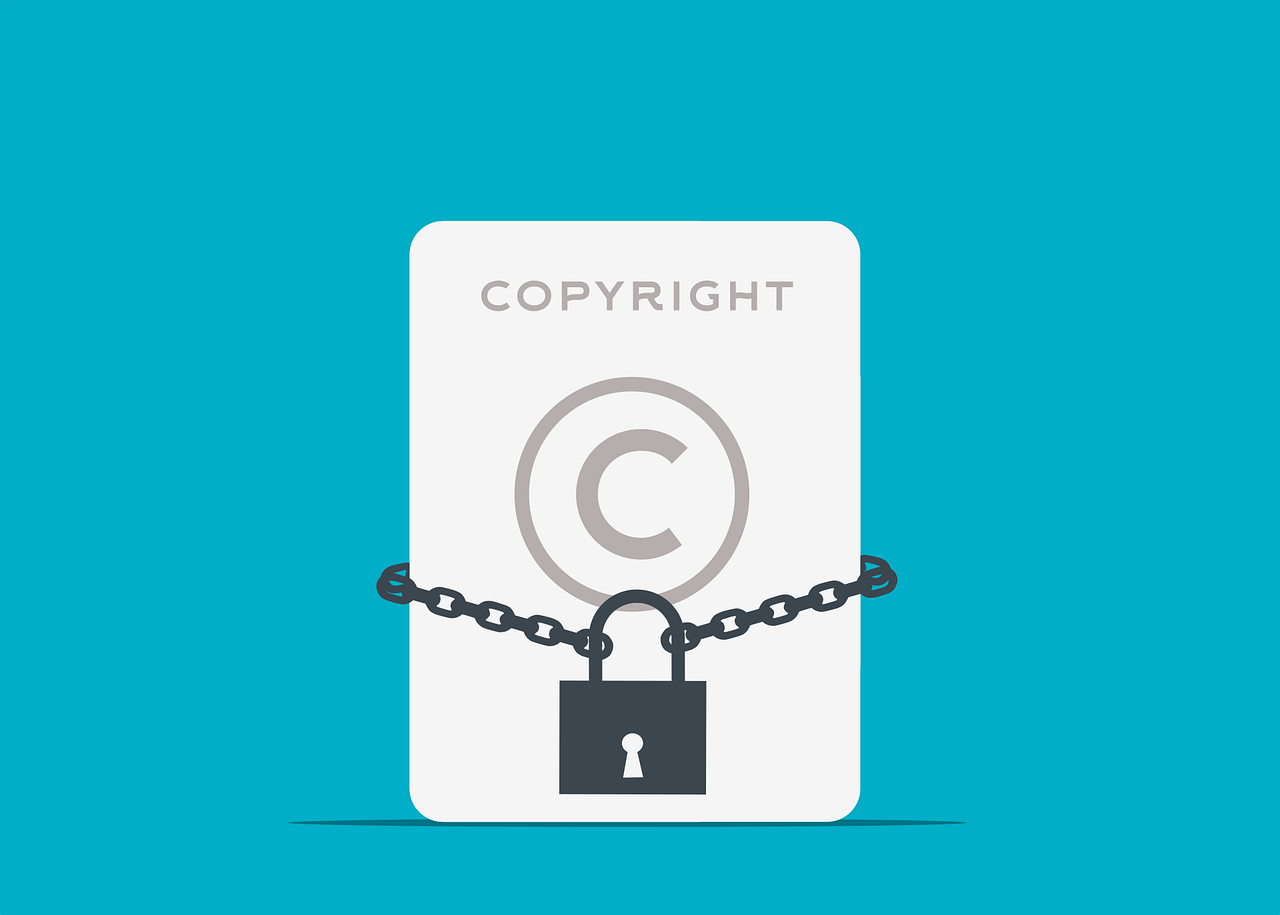IP Law for small businesses

TOn Feb 29 the Small Business Development Council (SBDC) hosted a webinar highlighting the importance of protecting an asset that many small businesses may not even be aware of: Intellectual property.
The webinar was hosted by Valeria Bisceglia of the SBDC. The presentation was delivered by Primary Patent Examiner and Special Advisor to the Eastern Regional Outreach Director Edgar Guerra-Erazo and Patent Examiner Ramon Mercado, both of the United States Patent and Trademark Office (USPTO).
“We advise clients that are just getting started in business and exploring a new idea on how to bring a product to market,” Bisceglia said of the SBDC’s reasons for hosting the webinar. “One of the reasons why we are doing this is that a lot of small business owners ignore the fact that they may have valuable assets in their business in the form of intellectual property. It may be something that has added monetary value to your business that you haven’t even considered.”
Guerra-Erazo noted that intellectual property rights have their basis in the US Constitution, referring to Article I, Section 8, Clause 8, which grants Congress the right to grant patents in order to encourage scientific progress.
“Intellectual property rights are not something that were just created for us,” he said. “No, they’re deeply rooted, and they come with a lot of fundamentals that come from our foundation.”
Guerra-Erazo outlined the distinctions between patents, trademarks, copyrights, and trade secrets.
Patents generally concern new technologies and novel ideas, which he illustrated with a patent for a solar charging system for an electric vehicle. Patents also provide some of the most powerful protection of any intellectual property laws, giving the owner the exclusive rights over their creation’s use in any jurisdiction that adheres to the USPTO’s rules. However, they expire after a set period of time which varies based on the type of patent and are not internationally enforceable.
Trademarks are things that help identify and distinguish goods and services, Guerra-Erazo explained, pointing out the ways that people already rely upon them. “If you’re in the mall and you’re looking at the signs of several companies, immediately you recognize those marks and say, ‘oh that’s a good product, that’s something I like.’”
They comprise the “signature” of a company or brand, but are also prone to misconceptions, especially about how trademarks can be applied.
“A trademark does not mean that you legally own a word or phrase, does not mean you can stop other people using a word or phrase. Nor does it mean people owe you money for using it.”
For instance, Guerra-Erazo said that a woodworking business could trademark its logo and prevent another woodworking business from using a similar logo. However, businesses in another field entirely can use a similar logo without facing any interference.
In contrast copyrights apply to creative expressions that are stored in a tangible form. They apply to the manuscript of a book rather than the paper it is printed on, or the code that makes up a computer program rather than the disc it is stored on. Movies, music, and other things that exist as ideas or concepts usually deal with copyright.
“Something else that we need to also highlight with respect to copyrights is that the term of a copyright is generally the life of the author plus 70 years or 95 years from first publication for works made for hire,” he added. The amount of originality for a work to not be considered infringing on copyright is low according to Guerra-Erazo, but the rules in other countries can be very different and often warrant consideration if a work is translated or widely used.
Guerra-Erazo said that trade secrets are not a common matter for the USPTO, but noted they remain important to many businesses. He used the formula for Coca Cola or the recipe of Kentucky Fried Chicken as examples. While a trade secret never expires, it also offers little protection beyond secrecy itself. If a competitor reverse engineers a recipe or technology or information is leaked accidentally there is less legal protection from competitors making use of it than with a patent.
Guerra-Erazo and Mercado went on to discuss their work at length and encouraged attendees to thoroughly vet patent lawyers. The sensitive nature of intellectual property means that guidance is often valuable, but only from well-trusted sources.